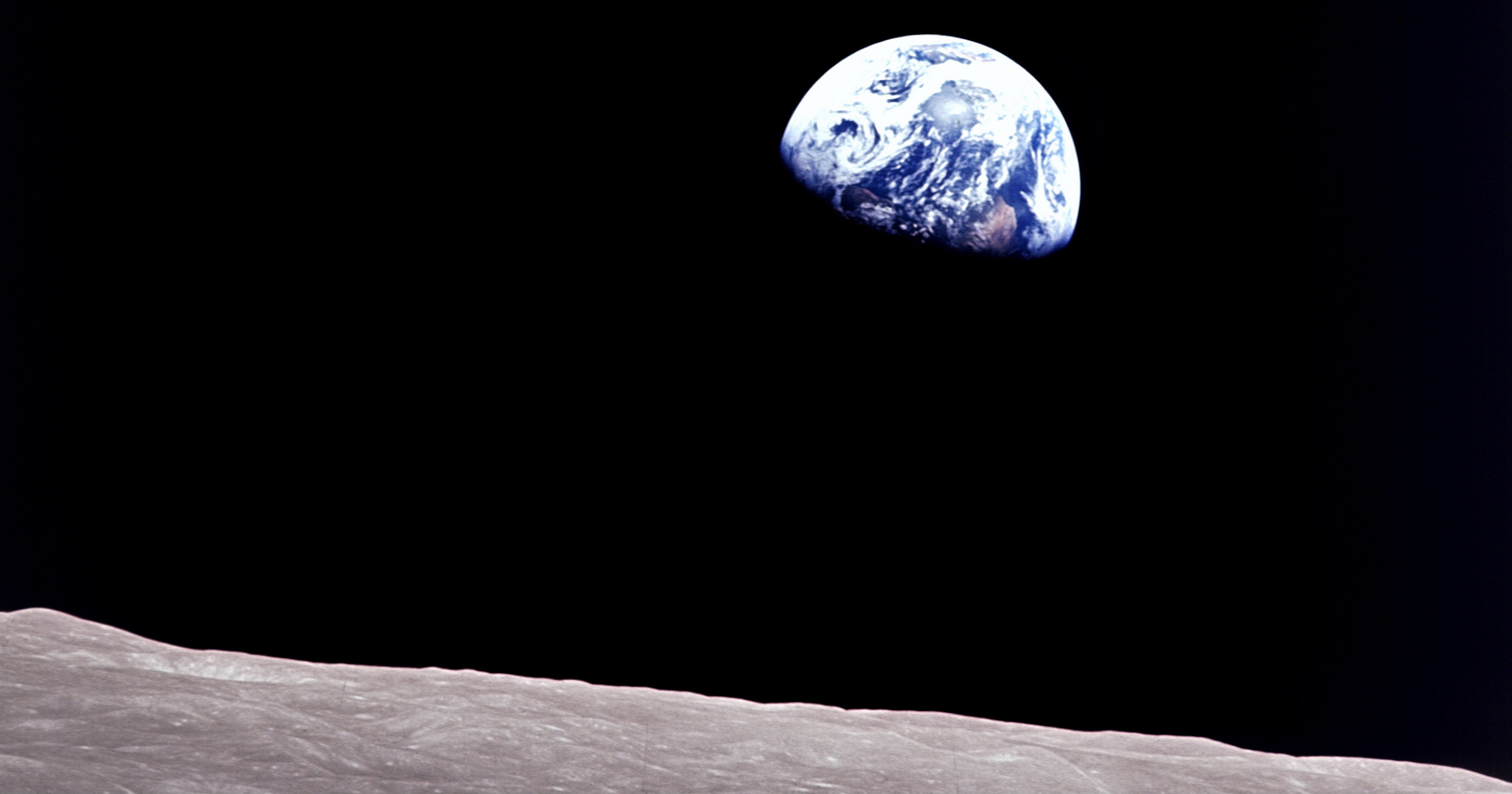 Evolution
Evolution
 Physics, Earth & Space
Physics, Earth & Space
Astronomer: We Can’t Just Assume Countless Earths Out There

Dartmouth College physicist and astronomer Marcelo Gleiser wrote recently that the Copernican Principle has been misused to imply that Earth is somehow insignificant. That, he says, is a philosophical attitude, unrelated to the science. We don’t know where Earth stands in relation to other planets because we do not yet have telescopes capable of getting much detail about planets outside our solar system.
Gleiser, author of The Island of Knowledge (2014), has also tackled the Mediocrity Principle (because Earth is nothing special, there must be countless intelligent civilizations out there).
According to Britannica, “Widely believed by astronomers since the work of Nicolaus Copernicus, this principle states that the properties and evolution of the solar system are not unusual in any important way. Consequently, the processes on Earth that led to life, and eventually to thinking beings, could have occurred throughout the cosmos.”
Gleiser finds the Mediocrity Principle’s logic similarly wanting:
If we constrain the Copernican Principle to a statement about Earth not being a special planet in terms of its location in the universe, all is well. Trouble starts when we extrapolate to statements about the ubiquity of life in the universe, following the faulty notion that if Earth is not special then neither is life. This is a massive non sequitur. It becomes exponentially nonsensical when elevated to the so-called principle of mediocrity: Given that there is life on Earth and Earth is not a special place, life should be abundant in Earth-like planets around the universe, including intelligent life. In other words, the principle states that life is so abundant out there that it’s a mediocre property of the universe. This sort of thinking is not only bad science but also bad philosophy, and it has serious repercussions on our current project of civilization. If our planet and the abundant life in it are so trivial to the point of being mediocre, why respect either?
MARCELO GLEISER, “THE MEDIOCRITY OF THE MEDIOCRITY PRINCIPLE (FOR LIFE IN THE UNIVERSE)” AT BIG THINK
He concedes that the Principle can be quite sound under controlled circumstances: If most balls in a box are red, you are more likely to randomly draw a red one. Where stars are otherwise alike, the Principle can be useful for making probability decisions in astronomy.
But the probability of life on other planets presents us with a very different situation: The Principle assumes, in the absence of any evidence, that Earth is typical in terms of its properties and life forms, not simply its position. And that is what he sees as an unwarranted assumption.
Read the rest at Mind Matters News, published by Discovery Institute’s Bradley Center for Natural and Artificial Intelligence.
